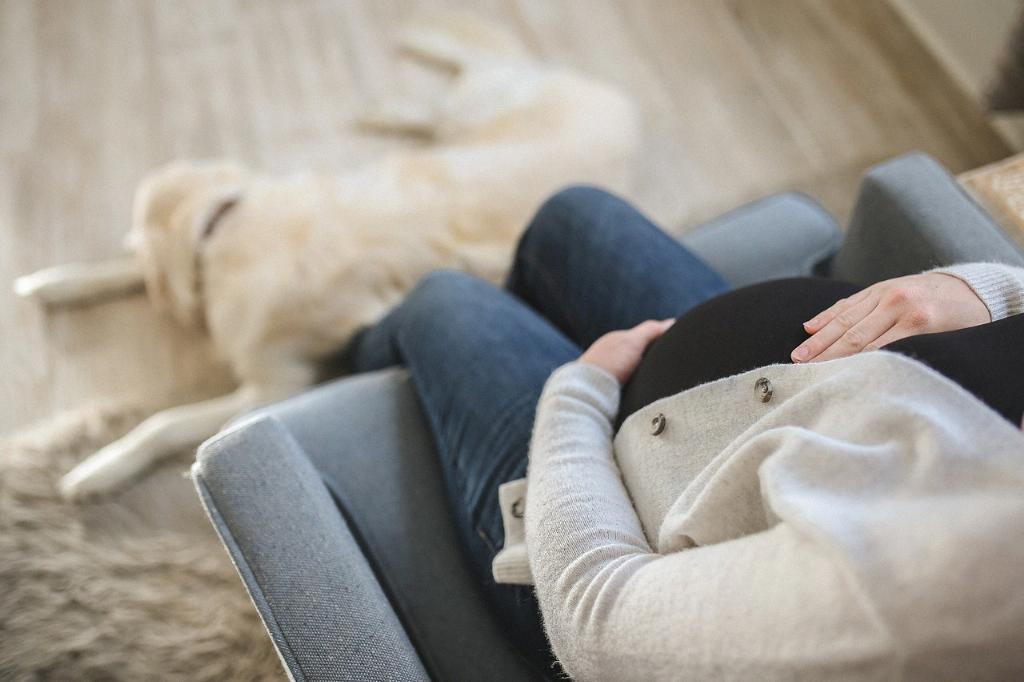Embarking on the journey of assisted reproduction can be an overwhelming experience, filled with hope, anxiety, and uncertainty. As you navigate the intricate process of in vitro fertilization (IVF), eagerly anticipating the desired outcome, the question of when to take a pregnancy test after embryo transfer inevitably arises.
Day 7 post-embryo transfer often marks a pivotal moment for many individuals undergoing IVF. It’s natural to feel a sense of urgency and a desire for answers, especially after investing significant time, energy, and emotion into the treatment cycle. However, the crucial question remains: Is it too early to test for pregnancy at this stage?
Seven days after embryo transfer generally falls within the window of time considered appropriate for taking a pregnancy test following IVF. At this point, the developing embryo may have had sufficient time to implant in the uterine lining, potentially leading to the production of the hormone human chorionic gonadotropin (hCG), which is detected by most pregnancy tests.
While testing on day 7 can provide some insight into the success of the embryo transfer, it’s essential to approach the results with cautious optimism. The process of implantation is complex and can vary from person to person, meaning that not all pregnancies may be detectable at this early stage.
Factors such as the embryo quality, the receptivity of the uterine lining, and individual hormonal levels can influence the timing of implantation and hCG production. As a result, some individuals may experience a delayed rise in hCG levels, leading to false-negative results if testing too early.
It’s important to strike a balance between hope and realism during this sensitive period. While the desire for confirmation of pregnancy is entirely understandable, it’s crucial to remember that the journey of assisted reproduction is characterized by its unpredictability and variability.
For some individuals, testing on day 7 after embryo transfer may yield accurate results, providing a much-needed sense of reassurance and progress. However, others may choose to wait a few more days to allow for potential hCG levels to rise further, increasing the reliability of the test.
Consulting with your healthcare provider regarding the optimal timing of pregnancy testing based on your specific circumstances is highly recommended. Your medical team can offer valuable insights and guidance tailored to your individual situation, helping you navigate this challenging phase with confidence and clarity.
Remember that the journey of IVF is as much about patience and resilience as it is about hope and determination. Each step, including the timing of pregnancy testing, plays a crucial role in the overall process of assisted reproduction, shaping the course of your experience and outcomes.
In conclusion, while day 7 after embryo transfer can be an appropriate time to test for pregnancy for some individuals, it’s essential to approach the results with realistic expectations and an understanding of the complexities involved. Trust in the guidance of your healthcare team, stay mindful of your emotional well-being, and embrace the journey with strength and optimism.

